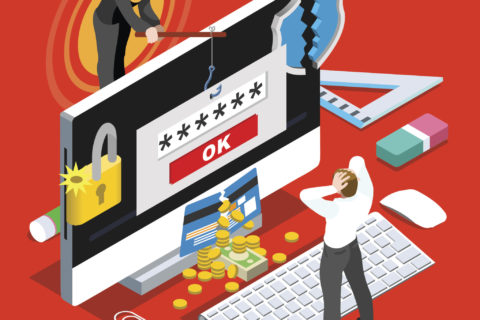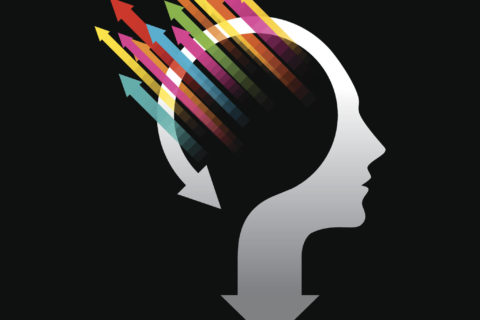By MFour Mobile Research
Like any mass phenomenon beloved by millions, Pokemon Go has inspired warnings and derision from certain contrarian quarters. But the first systematic survey of Pokemon Go players in the United States suggests that the potential social effects bode to be overwhelmingly positive – including creating more common ground in the public sphere at a time when America is widely considered to be fractured by race, gender, class and political polarization.
Yes, there have been isolated reports of robbers lurking in wait at PokeStops, of players following their passions in inappropriate places (for example, the U.S. Holocaust Museum in Washington, D.C.) and of enthusiasts stumbling upon waterlogged corpses in San Diego, CA. and Riverton, Wyoming while searching for Pokemon Go creatures who “live” in riparian habitats.
There have been warnings from celebrities – U.S. Sen Al Franken and film director Oliver Stone among them – that Pokemon Go poses undue intrusions on players’ privacy.
But the survey by MFour Mobile Research of Irvine, CA., pointed to a huge benefit: it’s an apparent pathway toward more national togetherness, while getting people off their couches and into the great outdoors.
The study found a number of fronts on which Pokemon Go is adding to social cohesion by providing a safe space and a safe topic for men and women, blacks, whites and Hispanics, to break the ice and start a friendly conversation about a shared pleasure.
A key finding is that African Americans, Hispanics and women have embraced Pokemon Go in far greater numbers than had been the case for previous versions of Pokemon, which debuted in the U.S. in 1998 after being introduced in Japan two years earlier.
Nearly half of African American players (49%) said Pokemon Go was their first foray into the world of Pikachu, Charmander and their many fellow Pokemon. The same was true of 40% of Hispanics and 47% of females. To a lesser extent, Pokemon Go also drew new players among Caucasians (32%), Asian-Americans (31%), and males (21%). Clearly, the game promises to serve as a bridge connecting these disparate groups with a common interest.
Another positive social repercussion from Pokemon Go appears to be sociability itself. More than half of the players surveyed – 52% — said they had made new friends or acquaintances while playing the game (and its seems safe to assume that even more connections have been forged from conversations taking place in schools and workplaces). Players are not chasing Pokemon in solitude – 74% said they prefer playing with others to going it alone. Moreover, the game is helping self-described introverts make these new connections – 70% of players described themselves as introverts rather than extroverts.
Despite reports of some players engaging in marathon sessions, the study suggests that for most players Pokemon Go is more of a normal, engaging pastime than an unduly obsessive time-drain. Barely one in five (22%) said they were devoting more than two hours a day to the game; nearly as many (20%) said they played 30 minutes or less per day. Half reported playing no more than 60 minutes per day.
The reasons players gave for taking up the game also were largely benign. It’s an alternative to being a couch potato – 58% said they got the Pokemon Go app “because I like the game encouraging me to go outside.” Friendship, again, was a motivator, with half saying they jumped on board because friends were playing, and 45% cited a trip down memory lane – nostalgia for their earlier days chasing Pokemon – as a reason for taking up the new, higher-tech version. And 52% of players said that the fact the game is free was an important inducement.
Most players aren’t inclined to spend anything on Pokemon Go – nearly three out of four (74%) said they’ve eschewed spending for optional add-on features. Of the minority who had bought game enhancements, 90% said they had spent $20 or less, including 62% who’d spent no more than half that much. Only 2% reported going whole-hog, shelling out $100 or more for extra acquisitions.
That’s not necessarily bad news for the game’s earnings potential – small amounts add up when you’re talking about an extremely high volume of consumers.
Based on the survey, the sight of players out and about following where their phones lead will remain familiar for a long time to come.
Asked whether the game will be a “long-term success” or “just a passing phase,” 71% predicted that Pokemon Go is here to stay, with 69% expecting that they, themselves, would continue to play for “a long time” and 12% believing that Pokemon Go will be on their menu of leisure pursuits “for the rest of my life.” 71% said they think Pokemon Go will be a “long-term success.” Only 16% expected to play “not much longer.”
Pokemon Go’s prospects for longevity do look bright, given its players’ youthful demographics. Baby Boomers were ages 33 to 53 when the game hit the U.S., and Gen X-ers were 16 and up. So the sweet spot is the Millennials who dominated the survey, and who were no older than 17 when Pokemon arrived in the U.S. Millennials accounted for more than 80% of players – 83% were 18 to 34, and only 14% were over 35. Players were ages 13 and up.
Like any outdoor activity, Pokemon Go isn’t risk-free, and the survey elicited anecdotal instances of players going well beyond the bounds of good sense. Responses to the question “what is the craziest thing you or someone you know has done to catch a Pokemon?” included: “Ran into traffic,” “Walked into a tree, “Walked into a pond,” “Kayaked to an island,” and “Climbed an electrical tower.”
MFour fielded and completed the survey on July 13, seven days after Pokemon Go’s release in the U.S. Queries went out to the mobile devices of Android users who had downloaded the Pokemon Go app. Data came from 1,000 completed and validated responses. Respondent demographics included 50%/50% male and female: 65.6% Caucasian; 13.4% Hispanic-Latino; 7.6% African American; 6.8% Asian; 1.6% Native American-Alaskan; 0.9% Middle Eastern; 0.6% Pacific Islander; 3.5% other. Responses were received from 48 U.S. states – including all but Montana and South Dakota.



1 comment
Pokemon Go us is my favorite game.